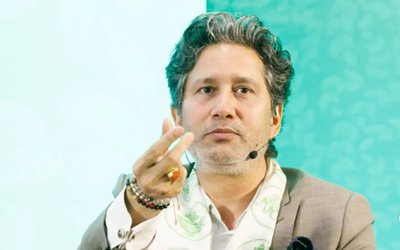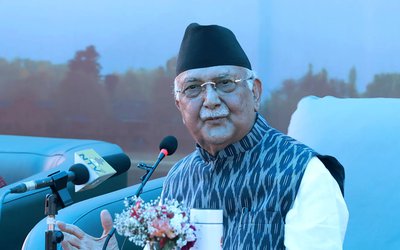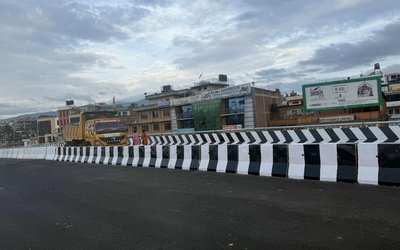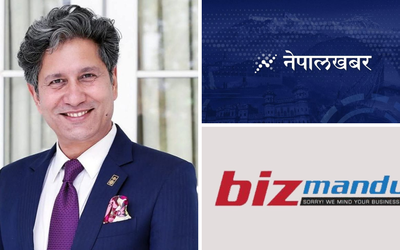More on News






At a time when Nepal’s political crisis is reaching a point of no return, India advised Nepal to avoid any further political confrontation in drafting the new constitution.
With the events of Tuesday morning, Nepal is deeply polarized on consensus and procedure to draft the constitution. The ruling parties – Nepali Congress and Communist Party of Nepal (Unified Marxist Leninist) – wished to initiate a process that would enable voting on contested constitutional issues like federalism, form of government, election system and judiciary. The opposition – led by Maoists and Tarai parties – insisted on working towards a consensus, rather than a vote.
In a statement, the Ministry of External Affairs said that it was their ‘expectation’ that Nepali leaders would work together ‘in the final stage of the peace process, in drawing up a constitution that honors past agreements and understandings as well as the mandate of the CA elections’.
India’s approach carries weight. The original understanding between the political parties and Maoists in 2005, which saw the onset of the peace process, was signed in Delhi. Modi has elevated the relationship with two visits to Kathmandu. Instability in the northern neighbor will have a direct impact on India, given the open border. The failure of the constitutional process will threaten prospects of democratic consolidation, strengthen right and left wing extremists in Kathmandu, and jeopardize the upswing in bilateral relations. India cannot remain silent reports The Hindustan Times.
Without taking obvious sides, Delhi has adopted a nuanced approach. It recognizes that the CA elections have thrown up a particular mandate – which is what the ruling parties are using to push a vote. But it has taken the longer-term view, and warned Nepal’s polity that a constitution is a foundational document. It may be possible to draft a statute through the majoritarian route, but this will not be owned by key political forces or social groups. And such a constitution will lead to only more conflict, which will add to India’s strategic concerns. Delhi should use its leverage in Kathmandu to pull back Nepali parties from the brink.
When Prime Minister Narendra Modi visited Nepal in November during the SAARC summit, he had two pieces of advice for the country’s leaders – draft the constitution ‘on time’, and draft it ‘based on consensus’. If Nepal is sliding into a political crisis in the run up to Thursday’s deadline for a new constitution, it is because the leadership has chosen to disregard this well-meaning advice. India, on Tuesday, reiterated this broad suggestion with a carefully constructed fresh statement.
Nepal is deeply polarized. On Monday, the Maoist members vandalized the Constituent Assembly, disrupting proceedings. On Tuesday, the opposition followed it up with a nation-wide strike. A constitutional draft - let alone a new constitution – is now impossible reports The Hindustan Times.






